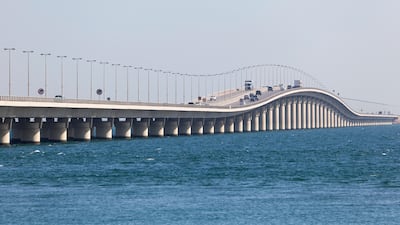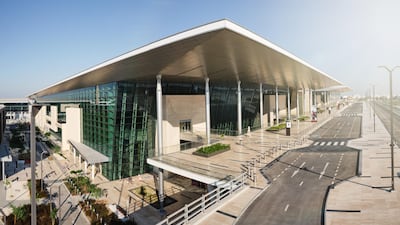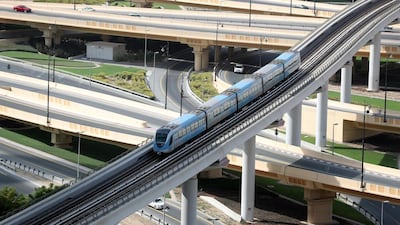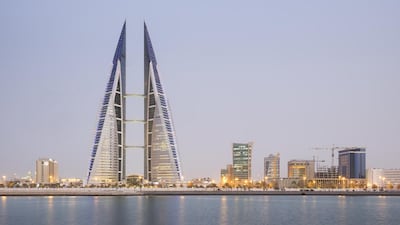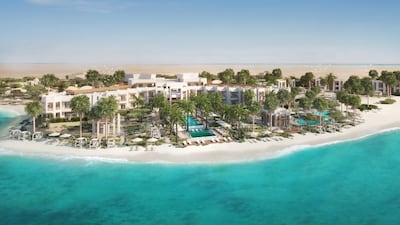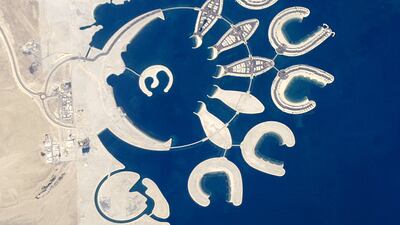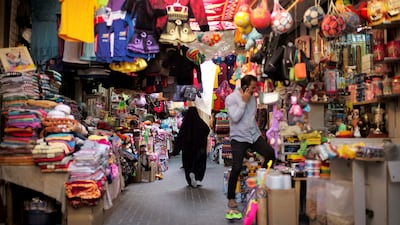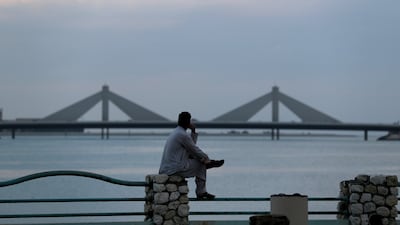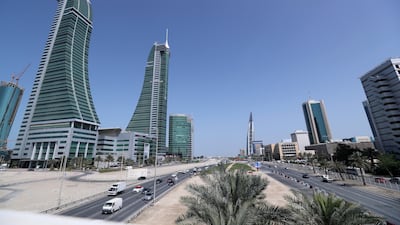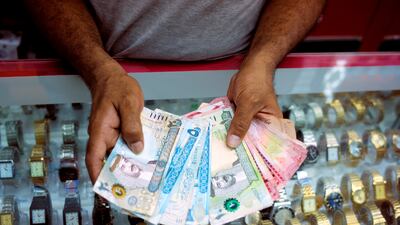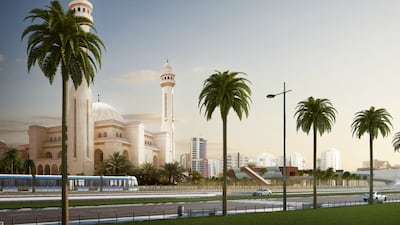The government of Bahrain has announced new details about its post-pandemic economic recovery plan, under which more than $30 billion will be invested in the country's infrastructure.
The Strategic Projects Plan was introduced on October 31.
It is designed to drive growth, boost employment for citizens and attract $2.5bn in foreign direct investment by 2023.
The plan also increased value-added tax from five per cent to 10 per cent, in a move to help the kingdom balance its budget by 2024.
The nation also hopes to create more than 20,000 jobs for its citizens annually until 2024, and train 10,000 more through its Tamkeen education programme for the private sector.
Sheikh Salman bin Khalifa Al Khalifa, Bahrain's Minister of Finance and National Economy, described the plan as an investment in not only Bahrain’s physical infrastructure, "but in the future prosperity of the kingdom’s people".
“Bahrain is emerging from the pandemic with a bold ambition that looks beyond economic recovery to a more prosperous future," said Sheikh Salman on Wednesday.
"This transformative investment will raise education and lifestyle opportunities for young people and provide quality health care, homes, and career paths for them as they progress into adulthood.
"New and existing industries will be stimulated and private sector growth in the tourism and entertainment sectors will be driven forward by infrastructure and telecommunications investment, with connectivity both within the kingdom and overseas elevated for the efficient movement of goods, services, and people.”
Jobs and growth
The plan comprises 22 projects across important sectors, including telecoms, tourism, education, manufacturing and health.
New projects include the creation of five communities on newly constructed islands, and increasing Bahrain’s total land area by more than 60 per cent.
One of the largest areas planned, called Fasht al Jarim, will span 183 square kilometres and provide a residential, logistics and tourism centre that will have a new airport.
The new 25-kilometre, four-lane King Hamad Causeway will bolster cross-border trade and travel with Saudi Arabia and the wider GCC, and strengthen political, strategic, economic, and cultural ties.
Transport connectivity will be complemented by technology investment in land and sea fibre optics, connecting all regions of the kingdom and enhancing competitiveness.
Several new data centre projects will support the next generation of cloud-computing services.
Sport is also viewed as a potential investment draw, and a new Sports City complex is included in the plan, comprising of the largest sports stadium in Bahrain and a multi-purpose indoor sports arena.
Business travel and tourism will also be enhanced with the construction of an exhibition and convention centre and a series of resorts in the southwest of Bahrain.
Economic headwinds

Bahrain has struggled to shore up its economy in recent years, and the pandemic exacerbated its economic challenges.
The country's economy is estimated to have shrunk 5.4 per cent, driven by a sharp decline in non-oil output, which according to IMF projections contracted 7 per cent.
This week, Bahrain will host several high-level diplomatic events at Expo 2020 Dubai to showcase investment opportunities in the country.
Talks will focus on the Middle East's path to the digital economy, and Bahrain's diversified economy and position as a potential gateway to the region.
The country's culture will also be on show during Bahrain's national day at Expo 2020, with performances by the Bahrain Police Band and the Mohammed Bin Faris Group, a folk ensemble specialising in oud music.
